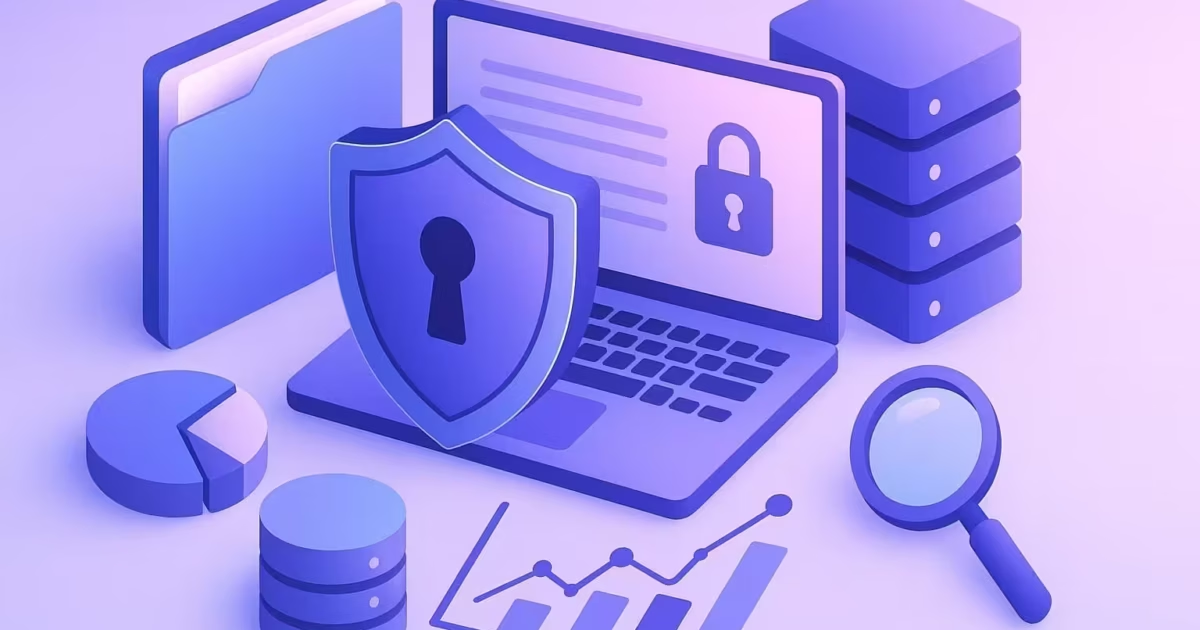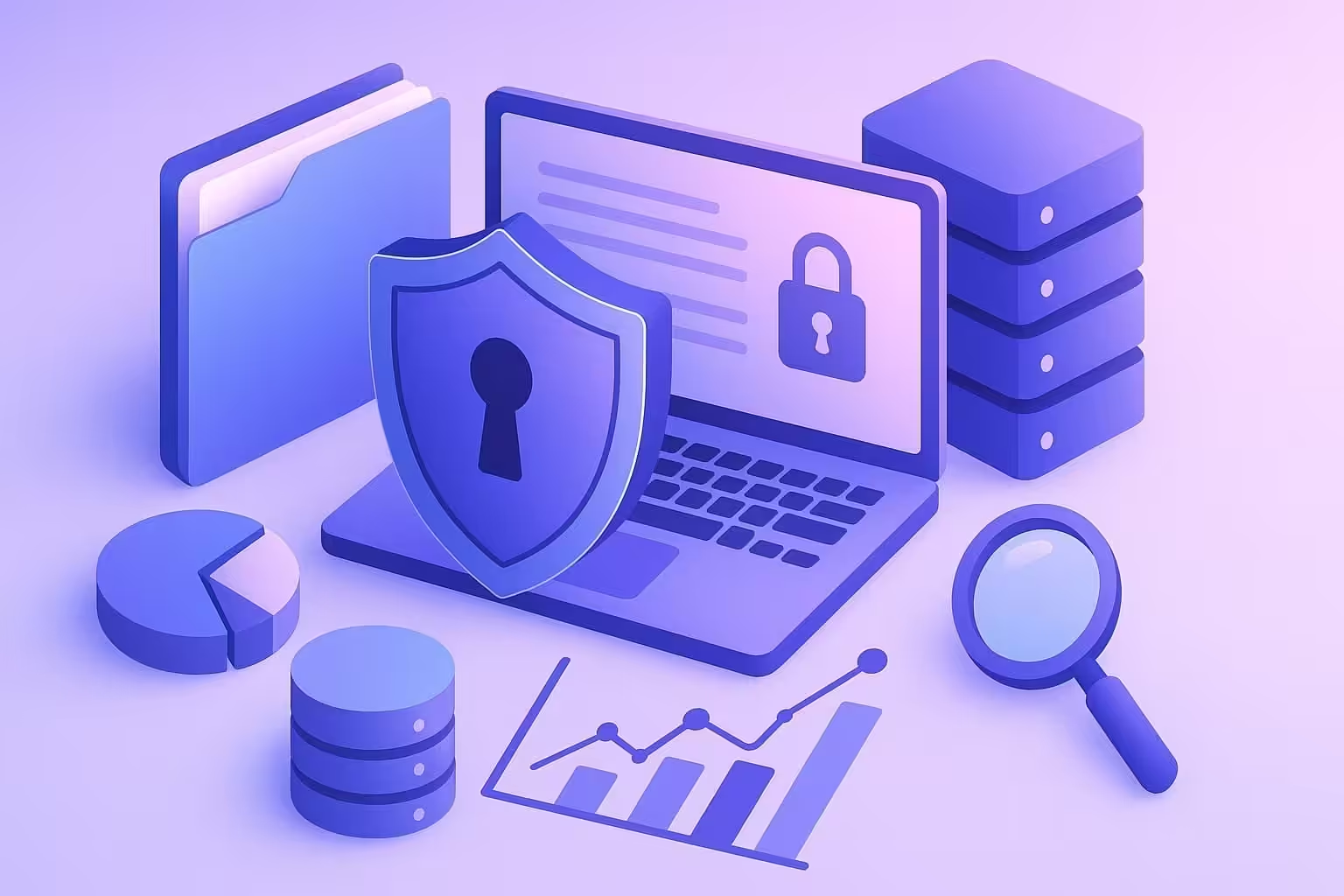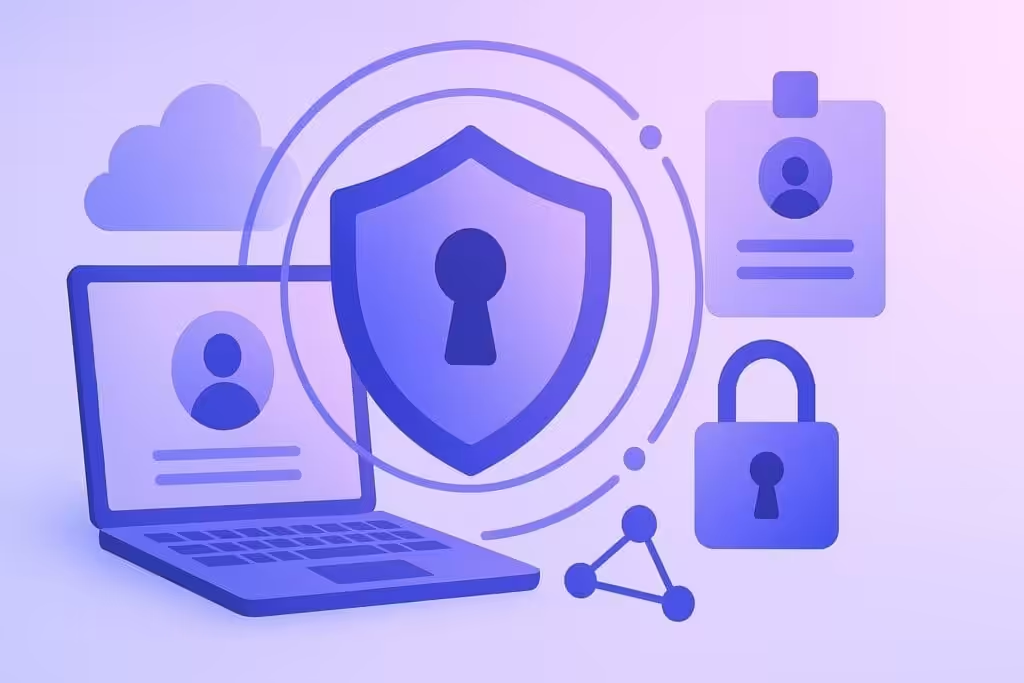How to Protect Business Data While Expanding Remotely

Expanding your business remotely opens doors to growth, but it also introduces new data security challenges.
Protecting sensitive information is crucial when employees work from various locations and networks.
By implementing smart, practical strategies, you can safeguard your operations without compromising productivity. So, let’s explore actionable steps to keep your business data secure while scaling confidently into remote territories.
Table of Contents
Implement Multi-Factor Authentication Across All Platforms

Multi-factor authentication (MFA) adds an extra layer of security by requiring users to verify their identity in multiple ways. It combines something the user knows, like a password, with something they have, such as a phone or hardware key.
Remote expansion increases access points for potential breaches. With employees working from various locations and devices, securing logins becomes crucial.
By enforcing MFA on all platforms, you minimize risks even if passwords are compromised. This step ensures that only authorized personnel gain access to your business’s sensitive data remotely.
Use Secure Virtual Private Networks (VPNs) for Data Protection
When expanding remotely, employees often connect through public or home Wi-Fi networks. These connections can expose your company to cyber risks.
To protect against these threats, sign up for VPN Pro or any other VPN to establish safe access points while keeping sensitive data away from prying eyes effectively.
A Virtual Private Network, or VPN, ensures that data traveling between devices and networks is encrypted. This shields sensitive information from hackers and unauthorized users who may intercept communications.
Establish a Zero-Trust Security Model

A Zero-Trust model operates under the principle of “never trust, always verify.” It assumes that every user or device is a potential threat until proven otherwise. Continuous verification and restricted access limit exposure to risks.
As businesses expand remotely, trusting internal networks or external devices becomes impractical.
Employees work from various locations, making traditional perimeter-based security models obsolete.
Adopting Zero-Trust policies strengthens data protection by validating all users and devices accessing your network. This approach keeps sensitive information secure while supporting safe remote operations across expanding teams.
Encrypt Sensitive Data Before Transfer or Storage
Encryption converts data into a secure format, making it unreadable without the correct decryption key. This ensures that even if unauthorized individuals access your files, they cannot interpret them.
When expanding remotely, data is frequently transferred between team members and stored across multiple platforms. Without encryption, this creates vulnerabilities where sensitive information could be intercepted or stolen.
Applying strong encryption methods to all sensitive files protects your business from breaches during storage or transmission.
It’s a proactive measure that safeguards crucial assets as operations grow beyond central locations.
Conduct Regular Vulnerability Assessments Remotely
Vulnerability assessments identify weaknesses in your systems before cybercriminals exploit them. These evaluations test your networks, devices, and applications for potential security gaps that need immediate action.
As businesses expand remotely, new tools and platforms are often integrated into operations. This introduces additional risks if not monitored properly. Remote work also increases dependency on unsecured home networks and personal devices.
By conducting frequent vulnerability assessments, you ensure these weak points are addressed promptly.
Regular reviews help maintain a secure environment as you scale your remote operations effectively over time.
Choose Cloud Services with Built-in Security Features
Cloud services often come equipped with robust security tools like encryption, user access controls, and activity monitoring. These features simplify data protection without requiring extensive manual configurations.
Remote expansion increases reliance on cloud platforms for collaboration and storage. If security isn’t prioritized, these solutions can become targets for breaches or unauthorized access.
Selecting cloud providers that prioritize built-in protections ensures your business benefits from both flexibility and safety.
Strong default settings allow you to focus on growth while keeping sensitive data well-guarded in remote environments.
Train Remote Teams on Cybersecurity Best Practices
Employees play a critical role in protecting business data. Regular training ensures your team understands potential risks and how to avoid them.
Topics should include recognizing phishing attempts, using strong passwords, and following company security protocols.
During remote expansion, teams work independently across various environments. Without proper guidance, this can lead to inconsistent adherence to security practices.
Equipping employees with clear cybersecurity knowledge reduces the likelihood of human errors leading to breaches.
Continuous education helps maintain secure operations as your business scales confidently across remote locations.